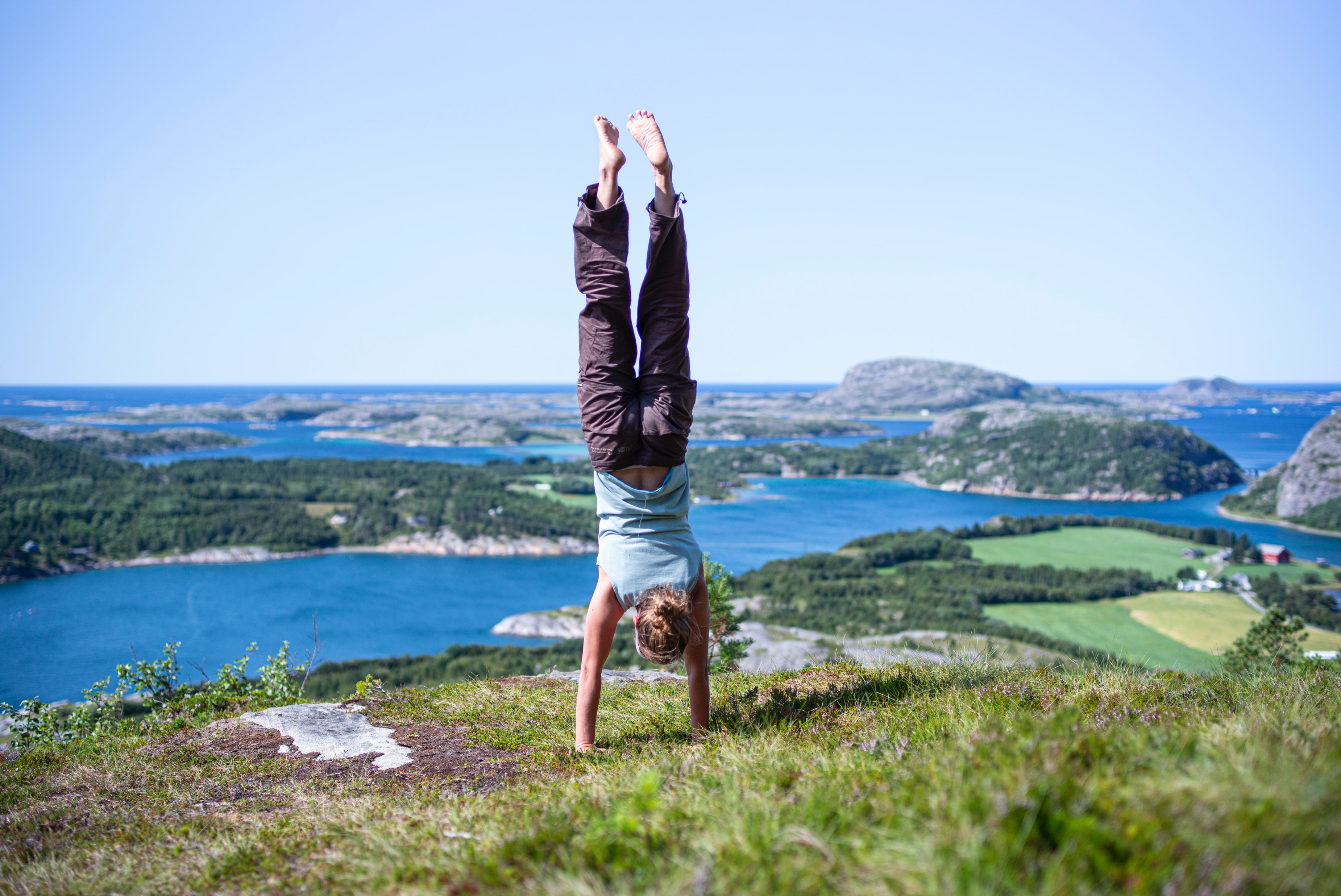
Travel advice for the Nordic region in the age of the coronavirus
This guide has been designed assist you with planning your travels to the Nordics in these unusual times. Most of our restrictions have lifted now in the Nordic Region and we welcome you to visit soon. Just plan ahead as our region is now busy with happy travellers.
UPDATED 14 OCT 2022
For the most part, the Nordic region (especially Iceland, Norway, Denmark, Finland, and the Baltic countries of Estonia, Latvia and Lithuania) has handled the coronavirus pandemic in praiseworthy ways and is one of the forerunners of safer travel. This area is not only sparsely populated by most standards, but also has many other benefits, such as:
• Option to travel to more remote destinations (avoiding crowds)
• Very clean air and water
• Spectacular nature and lots of space
• Wide range of outdoor activities
• Well prepared and small accommodation options
• Easy to travel by road, rail or sea if wanting to avoid unnecessary flying
• Sustainable destinations
• World class hygiene and other safety standards
CLICK HERE TO READ SPECIFIC DETAILS ON WHICH BORDERS ARE OPEN IN SCANDINAVIA AND THE NORDIC REGION.
Below are some resources to aid you in planning and preparing for travel to the Nordic region in these unusual times.
What do I need to take into consideration when planning a trip to the Nordics?
Before you travel, you should check the details of your travel insurance with a fine-tooth comb to ensure that you are covered in the case of Covid-19 related delays or cancellations. We recommend that you purchase a 'cancel for any reason' (CFAR) travel insurance policy.
You should also check the travel advice and restrictions in place in your country of origin as well as your transit destination.
Other things to consider include:
-
Making sure you can access funds to cover emergencies and unexpected changes and delays. Do not rely on a single form of payment (e.g. just one credit card).
-
Being prepared to follow the advice from local authorities while abroad, e.g. being ready and willing to comply with local isolation or quarantine requirements.
-
Making sure you have enough medication with you in case your trip becomes longer than initially planned.
-
Being prepared for financial and logistical disruptions to your travel.
-
Arranging extra support for family members or pets who may need care if you are overseas longer than planned.
-
Remembering that if you are older or have pre-existing medical conditions (such as asthma, diabetes, heart disease), you may be more likely to become severely ill if you catch the virus.
-
Checking the latest public health advice in the destination (country-specific links are found further down this page).
-
For Australian travellers: Australia has a reciprocal health care agreement with Finland, Norway and Sweden, and therefore you are entitled to publicly funded medically necessary care in those countries.
-
Being prepared to fill out pre-registration forms when entering a country, detailing contact details, travel dates, all hotels and other accommodation during your travels, and information on where you have travelled recently, whether you have any potential symptoms, and whether you have been in contact with an infected individual.
What measures are airports and airlines taking to help protect passengers and staff?
Airlines are working hard to ensure your safety when travelling with them. Additional measures and requirements in place include:
• Additional flight screening at the airport to make sure you are fit to fly
• Contactless check-in options and self-serve bag drop
• Physical distancing reminders and markers
• Hand sanitation stations and kits (e.g. sanitation wipes) at airports and inside the planes
• Enhanced disinfection of surfaces, both at airports and inside planes
• Adjustments to food and drink service to minimise touchpoints for staff and passengers
• Where possible, the middle seats will be left empty (however, this is subject to passenger numbers and may not always be possible). If you have a seat in the middle, you may be asked to move to a window or aisle seat instead.
• Covid Testing for departure flights are becoming readily available and convenient across our region. Ask us for specific locations during booking.

Is it safe to travel to Scandinavia and the wider Nordic region right now?
Most countries in the Nordic region have opened their borders completely, and you can feel confident that it is safe enough to do so – provided that you continue to adhere to precautionary guidelines, such as frequent hand-washing and social distancing. Travellers also need to respect any local regulations in place.
What measures are in place to keep travellers safe while in destination?
These are some of the commonly adopted measures that are in place in the Nordics:
• Sick people are required to stay at home
• Recommended distance between people is 1-2 meters
• Good hand hygienic is a must
• Queues (at reception, toilets, activities) are usually organised so that each person is at least 1m apart from those behind and in front of them
• Preferred payment method is contact free, i.e. credit cards
• Group sizes are kept small
• Employers will be cleaning between guests and during the day
• Rental equipment will be cleaned between guests
• Recommendations on busses: Handle your own luggage, use the back door. The first two seats are to be kept vacant to ensure the safety of the driver. Only 50% occupancy is preferred in order to keep appropriate distance between passengers

What travel related restrictions are in place in Scandinavia and the wider Nordic region?
There are no longer any COVID-related border restrictions for travel to our region.
Iceland
See the latest regarding COVID-19 and travelling to Iceland here.
Finland
See the latest regarding COVID-19 and travelling to Finland.
Faroe Islands
See the latest regarding COVID-19 and travelling to the Faroe Islands.
Norway
See the latest regarding COVID-19 and travelling to Norway.
Sweden
See the latest regarding COVID-19 and travelling to Sweden from Krisinformation
and Visit Sweden.
Denmark
See the latest regarding COVID-19 and travelling to Denmark.
Greenland
See the latest regarding COVID-19 and travelling to Greenland.
Estonia, Latvia and Lithuania
See the latest regarding COVID-19 and travelling to Lithuania.

If I book a trip with 50 Degrees North, what would happen if my travel plans needed to change?
Rebooking can be done up to 18 months into the future if the postponement request is due to forced amendments (e.g. closed borders). In this case, the full deposit will be held in credit or transferred to a new booking, provided that we have not incurred any unrecoverable costs with some of the suppliers.
If the booking is cancelled by you for other reasons, the deposit is usually non-refundable and our normal booking conditions will apply. However, see our Book with Confidence page for more details on flexible booking conditions during the COVID-19 pandemic.
Also note that some exceptions / special terms and conditions are also available in some cases. Please contact our team to find out more.
We recommend purchasing a "cancel for any reason" travel insurancy policy.
What happens if I test positive for Coronavirus after arrival?
If a passenger tests positive, they may be offered to undergo further tests to determine whether they have an active infection. In this case, the passenger must self-isolate and provide detailed information on who they have come in close contact with, up to two days before the onset of their symptoms.
Needless to say, you will not be able to travel home until you are fully recovered. However, medical care in the Nordics is first class and you would be in good hands should you require treatment.
What should I expect when returning to my home country?
You should check the latest public health advice in your home country both before travelling and upon your return (links at the start of the page).
IMPORTANT NOTE - DISCLAIMER OF LIABILITY:
It is a requirement that you hold a valid passport and any required visas for your trip. It is your responsibility to ensure that you are in possession of the necessary documentation to comply with the laws and regulations of the countries to be visited. It is your responsibility to obtain vaccinations and preventative medicines as may be required for the duration of the trip.
The information contained on this page is provided in good faith, and is collated from various official sources. Every effort has been made to provide information that is accurate. However, materials contained above are subject change at any time by concerned authorities. We accept no liability or responsibility to any person as a consequence of any reliance upon the information contained above.
